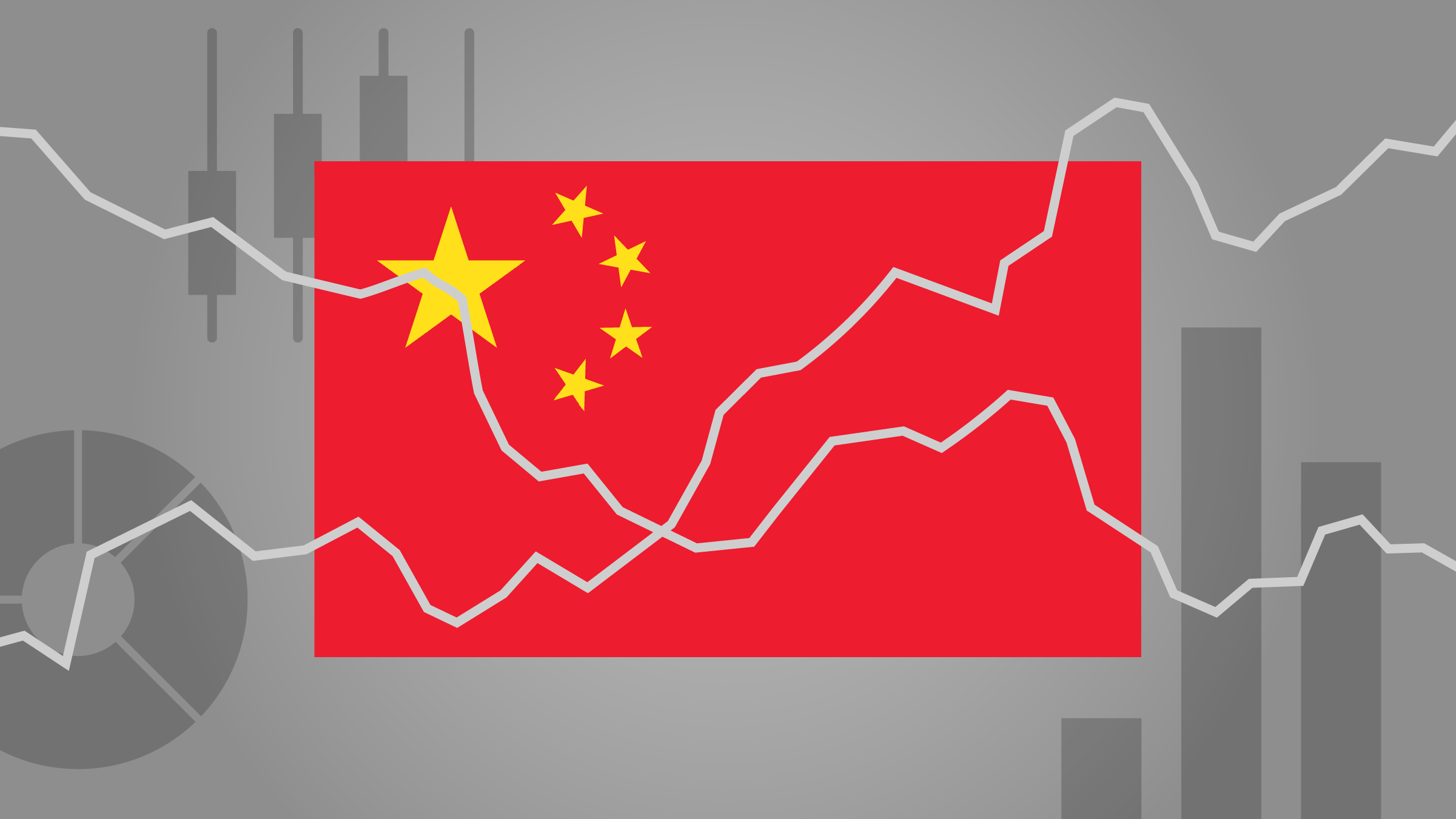Emma Wall: Hello and welcome to Morningstar. I'm Emma Wall and here with me today to give his three stock tips is Stuart Mitchell, manager of the SWMC European Fund. Hello Stuart.
Stuart Mitchell: Hello, good morning.
Wall: So what's your first European stock?
Mitchell: We love the banking sector. We think that's an extraordinary opportunity. And the argument is already the same whether it's Lloyds (LLOY), whether it's BNP Paribas (BNP), whether it's Intesa Sanpaolo (ISP). And if you look at the valuations of banks at the moment in the market, the share prices are basically discounting very little growth and returns on capital, base fee covering cost of capital in the future. We think growth will be much faster as we come out of recession. But critically, we think it's very possible for the large retail banks with great access to cheap deposits and good client base to be able to return – generate returns on capital, way in excess of their cost of capital.
And for Lloyds for example, projecting two year out with a margin improvement and we think it's quite possible the growth in assets and loans, we think is possible that the share price could be somewhere around £1.50 and it's trading at £0.80 today.
Wall: I think there will be a red flag for many investor when they hear you say, not only banks – a sector they have been scared of, but a European bank, something that they associate with the eurocrisis. How much of that risk has dissipated now?
Mitchell: It's fascinating. The very best banks in Europe were trading round about half book, even 18 months ago Intesa Sanpaolo, BNP, Santander and they've doubled now, so they are trading round about book or a small premium to book. So, I think the first part is the story, the catastrophic risk of euro falling apart has now been and gone, the market thinks that it not likely to happen. It's really the next stage and, which will bring us we think to 1.5 to 2 times book, and a part of that of course is that reduction in risk premium. People feeling more comfortable that the whole euro project will work and we're great enthusiastic, we think. Even very, very optimistic, but even we've been surprised by how austerity has proceeded, so successfully with so little civil disobedience and discontent.
Wall: What's the second stock then?
Mitchell: For us, Ocado (OCDO), we think is a wonderful opportunity. And particularly interesting now because share price has come back a little bit along with internet-related stock worldwide. For us, it's a whole future of grocery retailing. And as you know, most things now, you buy on the internet, it can be up to 30%, 40%, 50%, 60%, 70%, 80% of the market, and for things stuff like music, it's nearly to 100%. But grocery is still very underpenetrated around 4% or 5%. The majority of the people still like to go down to the local supermarket. We've got this fascinating tipping point now where Ocado can basically deliver to your home, and so, food more cheaply than Tesco (TSCO) and the other major super markets.
So, we expect to see a dramatic rise in volumes coming through. Of course the cost structure is completely different. We think very roughly Ocado can sell something 17 percentage points more cheaply than Tesco and the other major retailers. So, the future, it's all about will be internet grocery retailing and we think share now at 5% can go up to something like 20% 25%, who knows, maybe even 50% over the next 5 to 10 years or so.
Wall: Ocado rallied significantly last year when it announced its tie in with Morrisons (MRW). Morrisons also rallied on the back of that. So what has happened for it to come down again to make an attractive buy?
Mitchell: Yes, it's a very interesting question. The share price went through the roof, performed fantastically well, and maybe the market became a little bit too discounting; there's all sorts of deals which haven't happened yet in the future. And I guess the other part of course is the U.S. has become very bubbled, and there has been a lot of IPOs, slightly, we'd say crazy plan IPOs which have come on huge valuations, and I think, there's just a moment of kind of pause of reflection and the market has come down, perhaps these things got a little bit overheated before we move on again. But for us, we love these kind of opportunities. Share price down 40% is a great time for us to be buying – adding to our position.
Wall: And what's your third stock?
Mitchell: And our third one is a little bit unusual. It's Orange (ORA) in France, and again, just as Telecom Italia (TIT) or it could be Deutsche Telekom (DTE). What has fascinated us is, for the first time, the whole business context for the large incumbent telecom operators is really beginning to improve dramatically. What has happened is that, Europe is now beginning to fall quite far behind the U.S. in terms of 4G penetration in terms of very high speed broadband. And the reason for that is obvious. You know the competitive environment has been so tough, and Brussels and everything they have done has been very much consumer-led, price driven, so that basically the large companies haven't got enough cash to be able to roll-out and invest in all these new technologies.
That's all beginning to change now. We've got the sharing of base stations, which is a big cost saving. We've got the beginning of consolidation at the industry. We are hopefully are going to move from four to three operators in France, hopefully the same will be happening in Germany, where that's happened in Europe, profitability of the system has improved dramatically, because of course the fourth player is struggling to survive, so offering very discounted packages just to generate cash. So, we think that's, we think the whole context of the industry is beginning to change dramatically.
Look at America; they have basically three operators, whereas we have a 120, 125 operators in Europe, it’s ripe for consolidation. The other part of it is, and this maybe more surprising, but basically cyclical. And we think a lot of the decline in revenues you've seen with the large telecom incumbents, of course the come from aggressive competition of new players, but also part has just been the economy has been weak.
So, if you look in Spain for example, you have all those migrant workers working on big property projects in the coast, buying pay as you go cards, and then when they leave, of course our business disappear and we think that's – we'll start to see that come back. Then of course the leverage on profit is very, very significant.
Wall: Stuart, thank you very much.
Mitchell: Thank you.
Wall: This is Emma Wall for Morningstar. Thank you for watching.

































